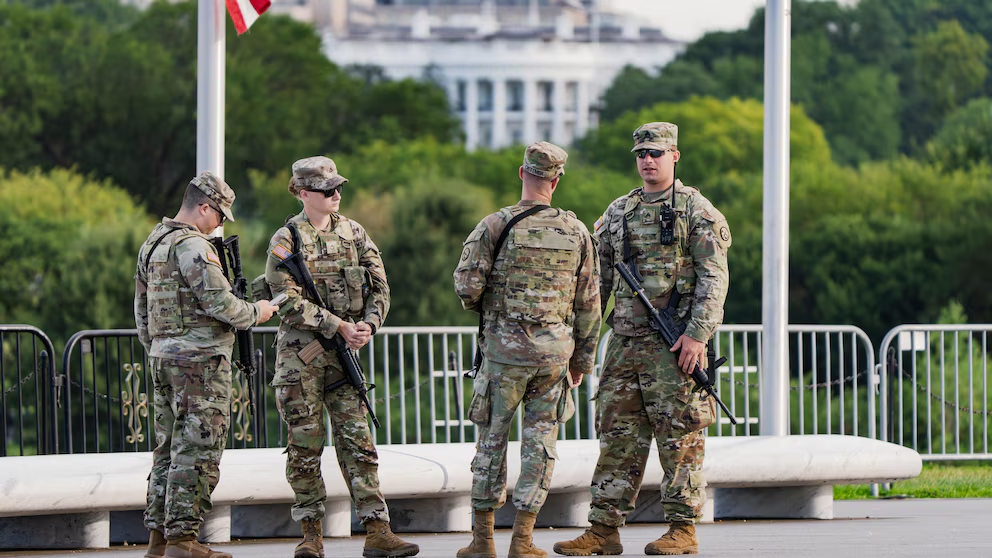A federal judge has ruled that former President Donald Trump’s deployment of approximately 4,000 National Guard members and 700 Marines to Los Angeles earlier this year constituted an illegal attempt to use the military for domestic law enforcement—violating the Posse Comitatus Act of 1878.

The Ruling
On September 2, 2025, U.S. District Judge Charles R. Breyer of the Northern District of California issued a sweeping opinion, finding that the Trump administration “willfully” violated the Posse Comitatus Act, which strictly limits federal military involvement in enforcing domestic laws. The ruling followed a three-day bench trial in the case Newsom v. Trump, brought by California Governor Gavin Newsom.
Judge Breyer’s 52-page opinion detailed how the deployment—undertaken without Governor Newsom’s consent—placed troops under federal control and instructed them to establish security perimeters, manage traffic, engage in crowd control, and assist with arrests. These actions crossed into roles classified as law enforcement, which are forbidden under the Act.

Breyer rejected the administration’s argument that the president’s authority to protect federal property constituted a valid exception to the law. He emphasized that Congress deliberately limited the statute’s exceptions, and that the Trump administration attempted to usurp that legislative authority.
The Injunction
Rather than an immediate order for troop withdrawal, the judge issued an injunction barring further use of the troops for law enforcement purposes, effective September 12, 2025, giving the administration time to appeal.
Broader Implications
The decision may curtail Trump’s broader ambitions to deploy troops in other Democratic-led cities such as Chicago, Baltimore, and San Francisco—moves that state officials have already signaled strong resistance to.
Governor Newsom and California Attorney General Rob Bonta hailed the ruling as a vital affirmation of constitutional limits and state sovereignty, rejecting the notion of the military serving as the president’s personal police force.

In response, the White House denounced the ruling, calling the judge a “rogue” and vowing to appeal—insisting the deployment was necessary to safeguard federal agents and properties.
The Posse Comitatus Act
Enacted in 1878, the Posse Comitatus Act was designed to curb federal military interference in civilian affairs after the Reconstruction era, reinforcing America’s tradition of civilian law enforcement.
The law prohibits the use of Army and later Air Force, Navy, Marines, and Space Force for domestic law enforcement unless explicitly authorized by Congress or invoked under specific authority such as the Insurrection Act of 1807—which allows intervention only during insurrections or threats to federal authority.
This ruling represents a rare judicial reinforcement of the longstanding boundary between military and civilian authority, affirming that even a president must operate within the framework laid out by Congress’s historic legislation.

